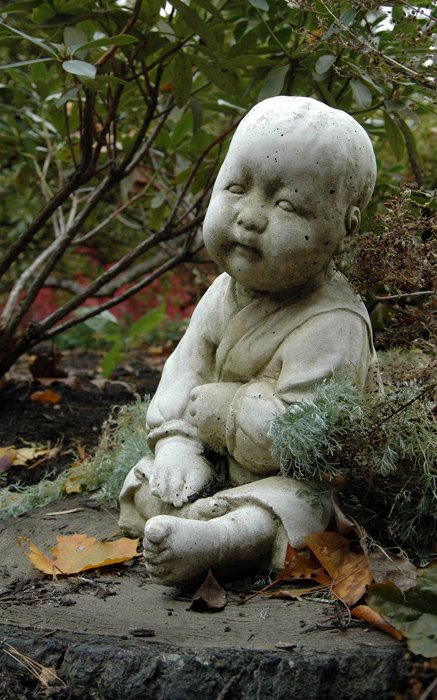Vipassana is generally considered to be the original meditation technique taught by the Buddha. Its purpose is to liberate the mind from all habit-patterns that cause suffering, and thereby leave the heart at ease and full of good will.
Of course, not all forms of meditation have this same end. Some practices are about connecting to God, achieving a deep state of relaxation, acquiring psychic-powers, becoming a healer, learning to "be in the now," or even profoundly calming the mind by training it to remain concentrated and absorbed in one object (e.g., the breath, a vision, a mantra, etc.).
Those are all awesome, but not vipassana. Yes, vipassana entails deep concentration and the ability to remain present to what is happening, and it definitely leads to moments of great peace and joy. But these are merely steps toward a bigger goal: that same liberation from suffering that the Buddha himself achieved. This means complete freedom from greed, hate, and delusion-- total eradication of those mental and emotional qualities that deny us the joy of an open heart.
If you're like me, this goal seems incredibly distant. I mean, am I really going to achieve this in one lifetime? But fortunately, I have found that there are immediate benefits to uprooting the seeds of suffering. I may not entirely liberate myself in one fell swoop, but as I progress toward the final goal, I'm causing less misery for myself and others. And when you think about it, one less hour of irritation in your day, is an hour that you are now free too spend smiling! Really, this is the direction that vipassana leads us.
Not all Buddhist traditions give so much emphasis to this teaching, but it seems to me that vipassana (in all its forms) presumes that in order to reach the same enlightenment that the Buddha attained, we have to directly realize the four noble truths, just as he did. How does a meditation practice lead you out of craving? There are two ways that the practice does this, and I've noticed every version of vipassana seems to have these features:
If you stop to consider the trajectory of vipassana, it is impressive. Any meditator who follows this practice to its fruition will completely understand the nature and cause of suffering within consciousness (craving for things which cannot last), and will fully experience the way out (you stop craving because you have seen the absurdity of attaching to experiences that are fundamentally fleeting and insubstantial).
Just imagine what that means. You're in a situation where you would ordinarily get absolutely frustrated, but now you don't. Not because you tell yourself not to, but because at the reptilian/limbic primordial core of your being, you have seen the seeds of hatred being planted deep inside your mind, and seen how much happier you are when you stop planting them. Finally, you've reached a point where anger naturally doesn't arise.... just as a child naturally doesn't touch fire after being burned. Sweet, huh?
(Click Here to Read "Part II- All the different flavors")
Tuesday, July 21, 2009
Vipassana, Part I: A Pretty Darn Good Definition
Two Defining Features of Vipassana
So, what is it like to stop creating suffering, once and for all? I couldn't tell you. But the Buddha described his experience of it as the four noble truths. (here is but one example of a sutta in which the Buddha highlights the fundamental importance of the four noble truths to his final liberation). In a nutshell, the Buddha explained how he saw into the true nature of suffering; how it arose from craving, and how when craving stopped, so did suffering. By directly seeing this, he saw the way out--and this became the "path" that he completed and then taught.
Subscribe to:
Post Comments (Atom)


Hi Kid Novice,
ReplyDeleteThanks a million for leaving a comment in my blog post expandable post summary and the feedback plus suggestion. I am indebted to you for improving the post.
Peter @ Enviroman (Blog*Star)
Follow me at Twitter @enviroman